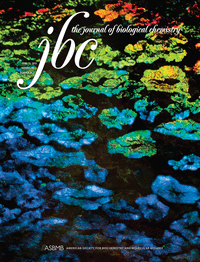 Two biologists have retracted a second paper on the development of neurons, but that’s about all we know.
Two biologists have retracted a second paper on the development of neurons, but that’s about all we know.
The 2007 paper from the Journal of Biological Chemistry, “The Interaction of mPar3 with the Ubiquitin Ligase Smurf2 Is Required for the Establishment of Neuronal Polarity,” concerns the role of a protein, mPar3, in neuron development. It has been cited 29 times, according to Thomson Scientific’s Web of Knowledge.
We don’t know why this one was retracted, because JBC (as usual) offered no explanation in its retraction note:
Continue reading JBC retraction on neuron development marks second for two biologists

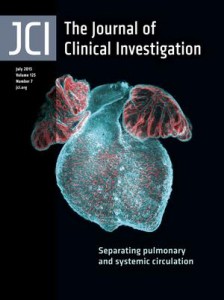
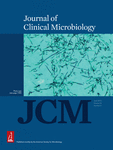
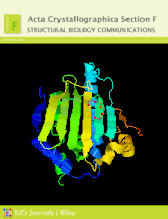

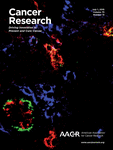 Another domino has fallen in a
Another domino has fallen in a 